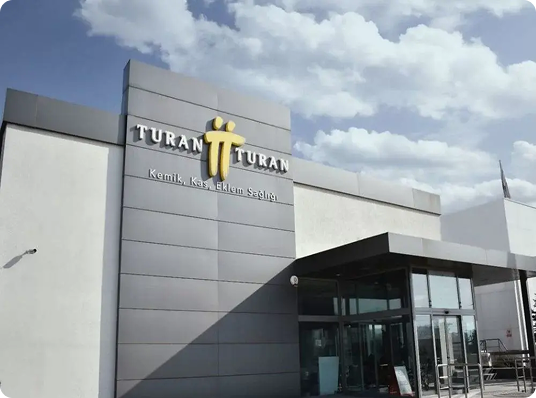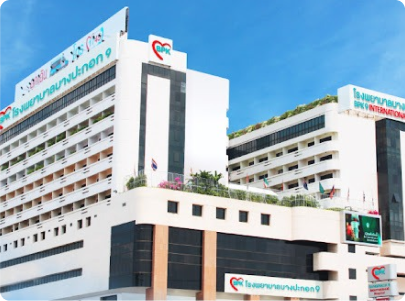Multiple Sclerosis
Through the application of Multiple Sclerosis, healthcare providers are able to address complex medical conditions with precision, utilizing the latest advancements in technology and evidence-based practices.
Get Expert Consultation
Speak with our medical travel experts to get personalized guidance for your procedure
✓ No commitment required • ✓ Expert guidance • ✓ Free consultation

Book Your Free Medical Consultation
Get expert advice—free and easy. Just fill out the form to start your health journey!
Key-Insights for
Multiple Sclerosis
Procedure Time
The treatment process typically takes several months to a year, depending on the individual's response and disease progression.
Recovery Period
Most people can resume normal activities within a few days to a week after treatment initiation.
Expected Results
A reduced frequency and severity of MS symptoms, improved quality of life, and slowed disease progression.
Ideal Candidates
Those diagnosed with relapsing-remitting multiple sclerosis (RRMS), who are not experiencing an acute flare-up.
Multiple Sclerosis
Through the application of Multiple Sclerosis, healthcare providers are able to address complex medical conditions with precision, utilizing the latest advancements in technology and evidence-based practices.

People seek these procedures for various reasons:
Aesthetic Enhancement
Manage MS symptoms effectively
Corrective Purposes
Improve daily functioning and mobility
Functional Restoration
Prevent long-term disability
Things to Check Before Treatment
- •Inform your doctor about any medications you're currently taking, including supplements and vitamins
- •Get a detailed medical history from your doctor to identify any potential complications
- •Make sure you have all necessary medical tests done before the procedure, such as blood tests or imaging scans
- •Ensure you have enough funds for post-operative care and any follow-up appointments
- •Research local healthcare facilities and policies in the country where the procedure will take place
Potential Risks
- •Infection or bleeding at the surgical site
- •Reaction to anesthesia
- •Risk of developing a spinal cord compression or herniation during the procedure
- •Temporary numbness, weakness, or loss of bladder control after surgery
- •Potential complications from general anesthesia
How to Choose the Right Country, Clinic, and Surgeon
Do's
Verify surgeon credentials (e.g. ISAPS, JPRAS)
Ask for before-after photos
Check language barriers
Review aftercare and follow-up options
Consider local laws on medical malpractice
Don'ts
Don't Choose a Clinic Based Only on Price
Don't Rely Solely on Social Media or Influencers
Don't Ignore Language Barriers
Don't Rush Into Surgery Without Research
Don't Assume You Can Fly Back Immediately
CureMeAbroad Services Are Absolutely Free.
You pay same rates for treatments as in the hospital's original price list.
CureMeAbroad Services Are Absolutely Free.
You pay same rates for treatments as in the hospital's original price list.


Book Your Free Medical Consultation
Get expert advice—free and easy. Just fill out the form to start your health journey!
Multiple Sclerosis
Frequently Asked Questions
This procedure involves specific medical techniques tailored to address particular health conditions. Your doctor will explain the detailed process based on your case.

Help Me Plan My Treatment Abroad
End to End Treatment Planning Specifically curated as per your need. Just a Call away


Help Me Plan My Treatment Abroad
End to End Treatment Planning Specifically curated as per your need. Just a Call away


Book Your Free Medical Consultation
Get expert advice—free and easy. Just fill out the form to start your health journey!



